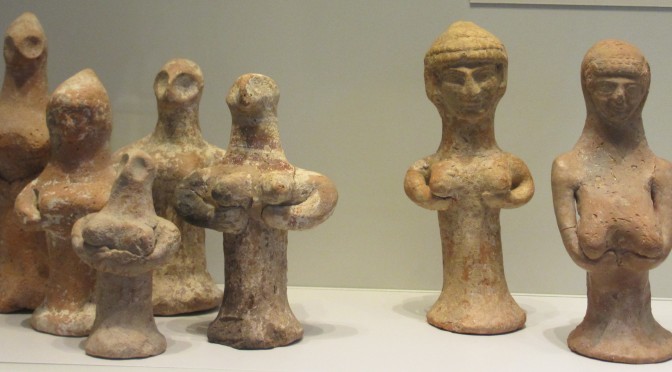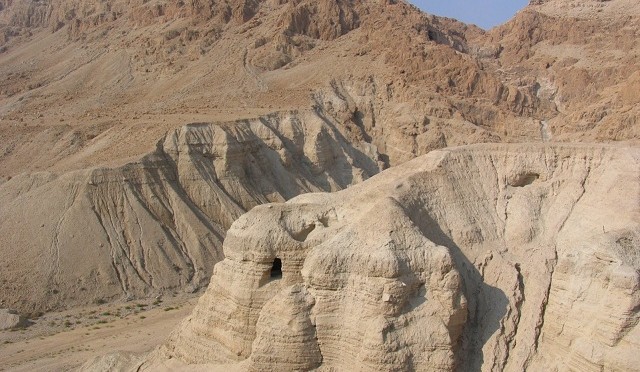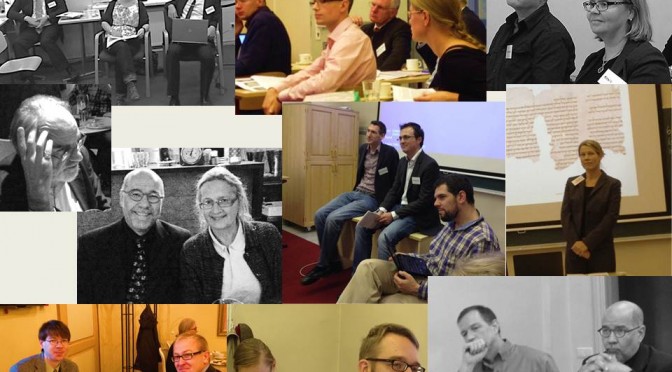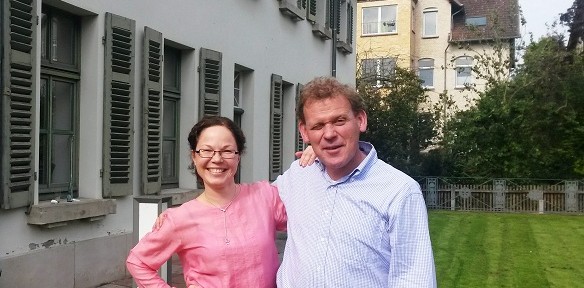On September 17-18, the CSTT organizes in Tallinn, under the Auspices of the Association of Coroplastic Studies (ACoSt), the research colloquium “Faces from the Past: Ancient Near Eastern Figurines”. Continue reading Faces From the Past: Ancient Near Eastern Figurines (Tallinn, Sept 17-18)
All posts by Lauri
Durham – a Research Community in Hogwarts?
by Katja Kujanpää
The CSTT is all for internationality. Accordingly, I will spend the whole second year of my PhD programme at the Durham University in northern England. After the first three and a half months of the exchange year it is possible to share some preliminary impressions. Continue reading Durham – a Research Community in Hogwarts?
Rethinking the Category and Boundaries of ”Wisdom”
by Elisa Uusimäki
I have spent a fascinating autumn here in Jerusalem, filled with research at the Hebrew University and explorations of this beautiful, debated city. There are many stories to be told, but since Miika Tucker recently wrote a comprehensive blog post about his experiences in the same place last year, I feel like sharing with you other recent news of my journey. Continue reading Rethinking the Category and Boundaries of ”Wisdom”
Working with Fragmentary Manuscipts
by Hanna Vanonen
When a new partial or complete manuscript is found, the first scholarly endeavor related to it is usually to produce a reliable edition of the fragment or fragments so that all interested scholars and students can get a trustworthy impression of the material without even seeing it. As regards the Qumran manuscripts, this work began already in the 1940’s and 1950’s. Continue reading Working with Fragmentary Manuscipts
Open Positions at CSTT
The CSTT invites applications for both doctoral student and post-doctoral researcher positions. For more information, please see
http://www.helsinki.fi/recruitment/index.html?id=94249 and
http://www.helsinki.fi/recruitment/index.html?id=94420 .
*The application deadline has passed*
Madrid, the City of Kings
by Tuukka Kauhanen
I am spending the most part of the academic year 2014–15 in Universidad Complutense de Madrid, Spain. Madrid is a major European capital and, for a Finn, a very large city: the surroundings of every Metro station is like a middle-sized Finnish town – only much livelier! There is a large old city centre, including the magnificent Palacio Real. For centuries, Madrid has been the city of the Spanish Kings, now of His Majesty Felipe VI. Continue reading Madrid, the City of Kings
How to Talk about the Sacred? The First Annual Meeting of the CSTT in Tallinn, Oct. 3-5 2014
by Hanne von Weissenberg
Forty people, virtually the entire CSTT, met for its very first Annual Meeting in Tallinn, Estonia during the first weekend of October. The topic of the meeting was What is Sacred? Sacred Texts, Traditions, Scrolls, Space, People, Polities. Continue reading How to Talk about the Sacred? The First Annual Meeting of the CSTT in Tallinn, Oct. 3-5 2014
European Qumran Network Met in Göttingen
by Katri Antin
Several European universities foster the study of the Dead Sea Scrolls and train doctoral students to become experts in the Scrolls. In September 2014, both junior and senior scholars from the universities of Helsinki, KU Leuven, Groningen and Manchester were kindly invited to the Georg-August-Universität Göttingen to a workshop titled Dead Sea Scrolls and History — A Reassessment. Continue reading European Qumran Network Met in Göttingen
Annual Meeting in Tallinn
The CSTT Annual Meeting will take place in Tallinn, Estonia on 3-5 October 2014.
Learning Together at the OTSEM Meeting in Hamburg
by Tero Alstola
Following an annual tradition, a group of PhD students, postdoctoral researchers, and senior scholars of Old Testament studies got together at the annual meeting of the OTSEM network on 12–15 September. Continue reading Learning Together at the OTSEM Meeting in Hamburg






